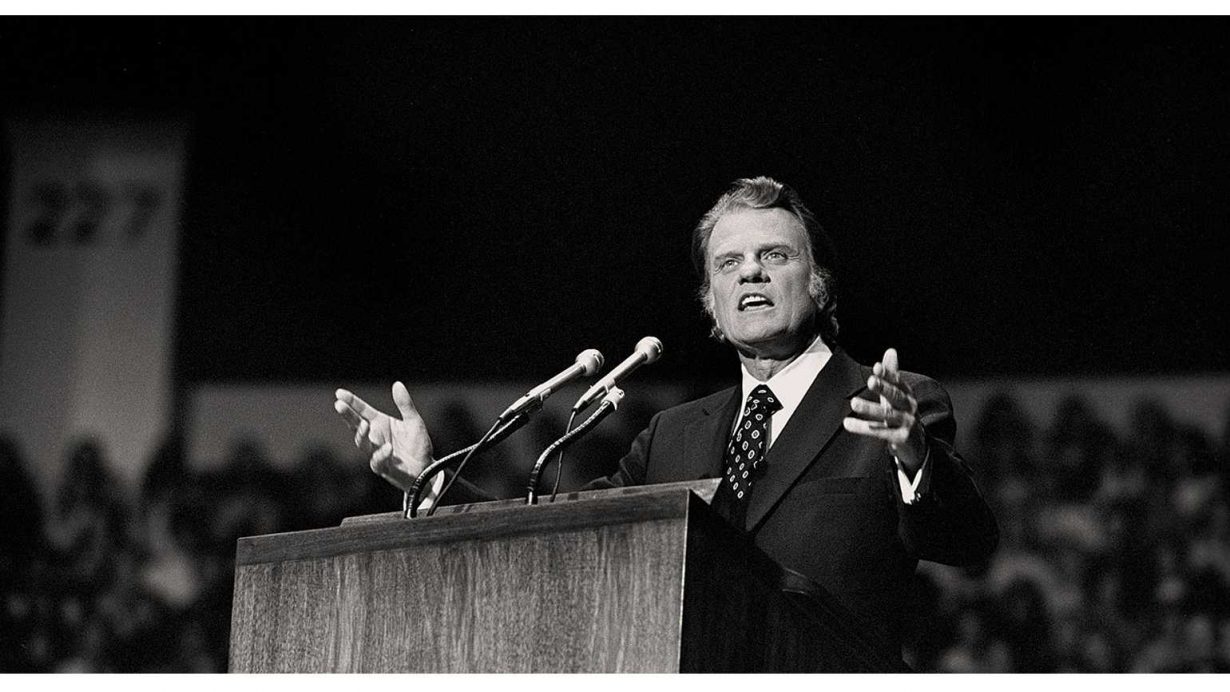In his second letter to Timothy, the apostle Paul remarks:
2 Timothy 4:5, “5 But you, be sober in all things, endure hardship, do the work of an evangelist, fulfill your ministry.”
I want to zero in on the work of an evangelist in the broader sense that all Christians are called to bear witness in word and deed to the saving message of Jesus Christ and not in the specialized way of holding large revival gatherings that say a big figure like Billy Graham was involved as an evangelist. I will summarize some ideas from Philip Ryken’s article about C.S. Lewis as an evangelist.
- C.S. Lewis was a thorough and substantial teacher of the Christian Faith.
He participated in many venues of speaking where he bore verbal witness to the Gospel of Jesus Christ. Lewis was active in the Socratic Club of Oxford University. Lewis spoke and debated in favor of the Christian Faith at their meetings. Lewis spoke at a house party of this club. Eventually 12 students who were either atheists or agnostics were converted to faith in Christ by the end of their university studies due in part to Lewis’ talks at the Socratic Club. He also gave talks about the Christian Faith on the BBC radio broadcasts and spoke to military servicemen about the Christian Faith during World War II. - Lewis was a literary evangelist.
While point 1 dealt with Lewis’ engagement in the verbal proclamation of the Gospel, this point deals with Lewis’ written proclamation of the Gospel through his books. Joy Davidman was stirred to faith in Christ in part through Lewis’ Screwtape Letters. Lewis was influential in the conversion of Sheldon Vanauken thru his Space Trilogy. Both Davidman and Vanauken read these books of Lewis and then followed up with personal correspondence with Lewis. Charles Colson in his book Born Again attributes Lewis’ book Mere Christianity as a great influence in his conversion, especially the chapter on Christ as Lord, liar, or lunatic. Os Guinness was also very influenced by Mere Christianity. Evangelism though is a team effort in which a number of people, events, and experiences are used by God to bring a person to faith in Christ. Conversion is never the work of man but the work of the Holy Spirit bringing us to faith in Christ while using people in this work. - Lewis was a praying evangelist.
Lewis prayed often for friends and associates for their conversion. He prayed for the transformation of friends and gave thanks when friends were converted. He prayed regularly for people’s salvation. He wanted to say things to skeptical friends which would be helpful to their salvation. As Christians who believe God calls people to pray and who also believe salvation is only through faith in Jesus Christ, we ought to conscientiously be praying for other people’s salvation. - Lewis was a discipling evangelist.
He was not only concerned with a person’s initial conversion but also with them being strengthened in their faith in Christ. Here Lewis viewed conversion as both an act and a process. Many others have matured in their faith in Christ through reading C. S. Lewis. Lewis has helped other Christians witness to others. A widow who read A Grief Observed after the death of her husband persevered in her faith although she struggled deeply with her grief. Lewis was also very conscientious in keeping up his correspondence with people who asked him questions as they struggled to apply the Christian Faith and the teaching of Scriptures to their lives. The apostle Peter calls on all Christians to be ready to give an answer to those who ask for the hope that is in us (1 Peter 3:15). That is what Lewis was striving to do.
C. S. Lewis knew that ultimately faith in Jesus Christ does not come from a book, an evangelistic talk, or even a friend. It comes from the secret work of God’s Spirit in the soul (John 3:8). That does not mean that is unnecessary for us to tell people about Jesus. But it does mean that the most important thing we can do is ask God to change their hearts. None of us may have the evangelistic gifts of C. S. Lewis, we may not be writing books or speaking at clubs, but we can still follow his example and use whatever gifts we do have to tell people about Jesus, and then pray that God will “make things grow.”


